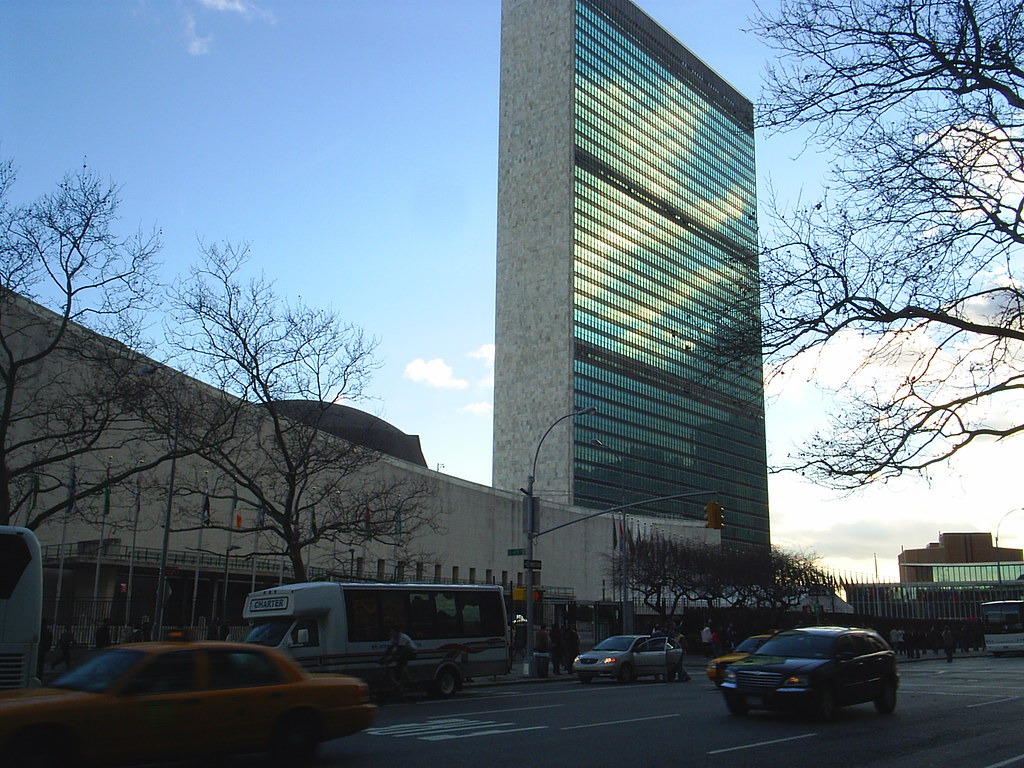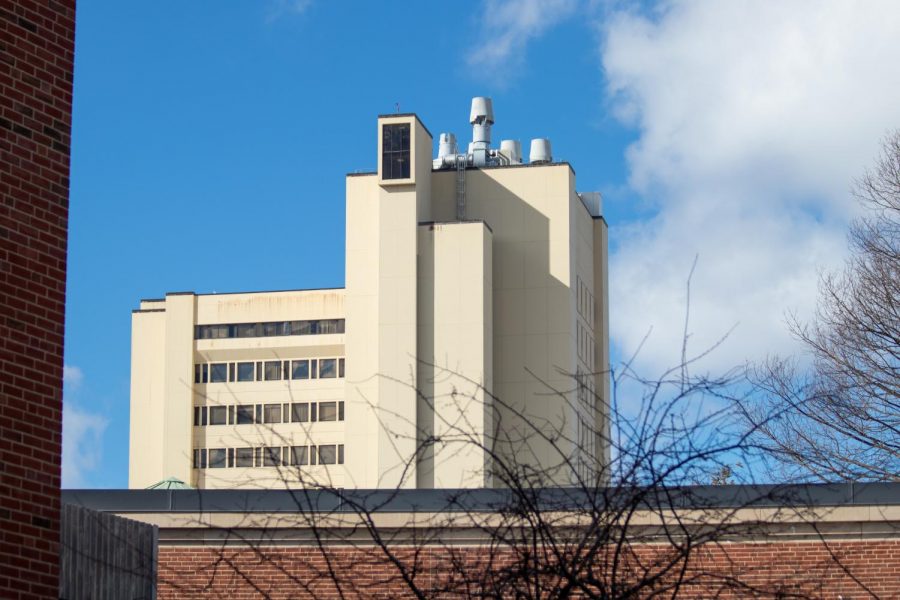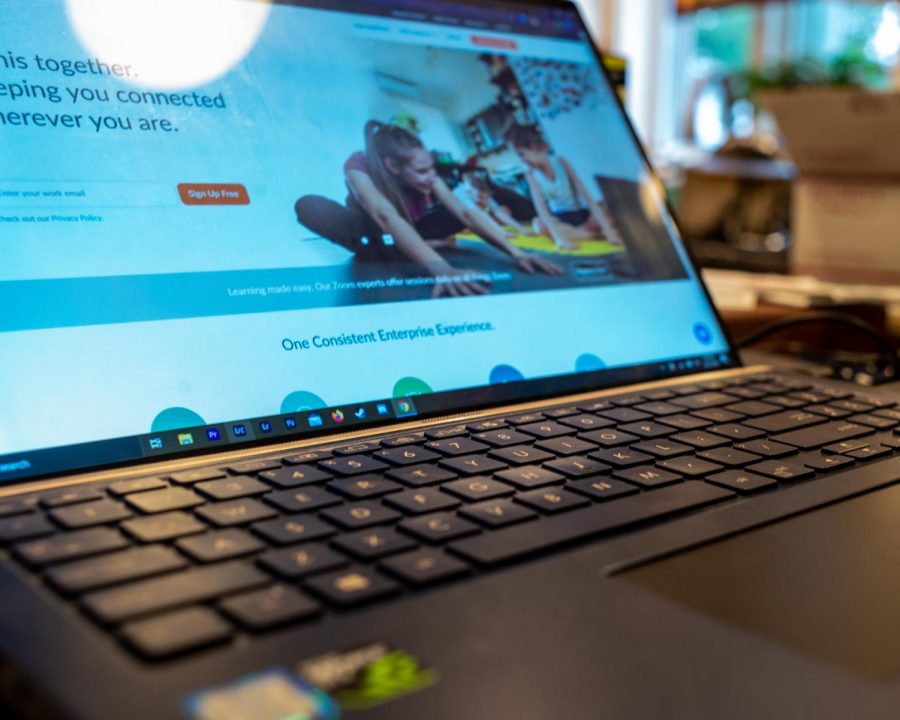By Pedro Galvao
Before I set a foot on campus, I knew that I had to leave UMass within a year.
Administration officials had repeatedly, and mistakenly, informed me that due to my non-immigrant visa and my parents’ impending international move, I would lose my in-state status. It did not matter that I graduated from a Massachusetts high school, or that, as I would later find out, once you have in-state status you don’t lose it unless you leave the University. Administration officials repeatedly confirmed that once my parents left the state I would have to pay out-of-state tuition, a prospect I could not afford. But I am considered lucky; for many, even a year is too costly.
Most undocumented students who graduate from Massachusetts’ high schools don’t stand a chance at paying out-of-state tuition. Though they pay the sales tax that helps keep the Commonwealth running and their parents often work dangerous and unregulated jobs, undocumented students are flatly denied a chance at a higher education because out-of-state tuition is simply an unaffordable prospect.
Not allowing these able individuals a chance at higher education is bad public policy. According to the Massachusetts Department of Education, Massachusetts spent roughly $10,000 per pupil in 2008. If these students completed four years of high school they represent an investment of at least $40,000 and an even higher sum if they attended elementary school. Though these students represent a tremendous financial investment on the part of the state, they are unable to achieve higher education. A study by the Census Bureau found that college graduates stand to earn nearly $1 million more in their lifetimes than high school graduates. That additional revenue does not only mean additional tax dollars but also a boon to Massachusetts’ high-tech and highly skilled industries.
“What part of illegal don’t you understand?” is the slogan often used to justify measures against the undocumented. But most of the students who would make use of Massachusetts’ in-state tuition have been brought to the United States by their parents when they were too young to make the conscious choice to come. These, often bilingual, students have spent the bulk of their lives in United States. Their countries of origin are as familiar to them as a study abroad program is familiar to a typical college student.
Currently eleven states allow undocumented students to pay in-state tuition. Among them are the liberal bastions of Texas, Oklahoma and Utah. The sky did not fall when the undocumented were given a chance at higher education; in fact, studies have found that undocumented students with a degree are likely to be allowed a path to legalization through periodic changes to immigration law. In its landmark ruling of Plyler v. Doe allowing undocumented students the right to a free state education, the Supreme Court wrote that undocumented students, “already disadvantaged as a result of poverty, lack of English-speaking abilities and undeniable racial prejudices … will become permanently locked into the lowest socioeconomic class.”
Denying students who want to learn and contribute to the workforce a fair chance is wrong. Undocumented students won’t simply drop everything and go “home.” Rather they will be stuck in menial positions or worse, join the organizations that do not reject them, such as gangs.
In my own adopted state of Washington, undocumented students are allowed in-state tuition at state colleges and universities. The bill’s proponents included Republican State Senator Mike Hewitt, the legislative leader of the Washington State Republican Party and Republican State Representative Maureen Walsh. If these legislators who represent a conservative, republican, rural district can vote for a better future for these students, why is it that a state that prides itself as one of the nation’s most progressive adopt policies that are fundamentally regressive?
Pedro Galvão is a former UMass student and SGA senator. He is currently a senior at Whitman College in Walla Walla, WA.













muad'dib • Feb 12, 2010 at 2:12 pm
“Adopt policies that are fundamentally regressive”? You act as though not passing a law you want is equivalent to repealing a law or social-aid program that helped you. It’s not.
lynnelevi • Feb 12, 2010 at 12:50 am
Obama to Seek Up to $4 Billion Boost for Education, Get your share Get a Medical Assistant Degree from http://bit.ly/a80qrv